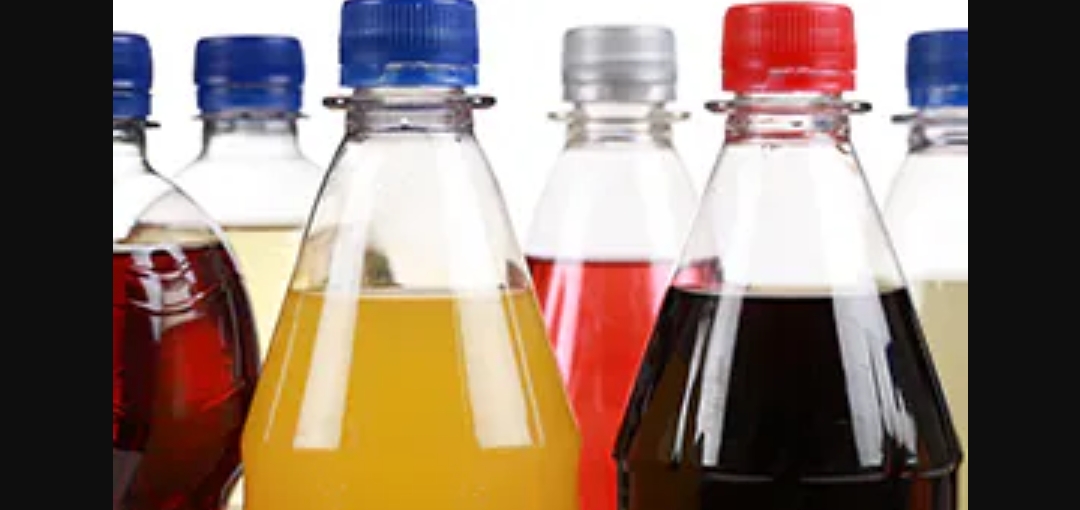
Public health advocates have alerted to the dangers of consuming over 40 million litres of Sugar-Sweetened Beverages (SSBs) by Nigerians, maintaining that it puts pressure on the health and socio-economic systems as it costs a whopping $2.37 billion (an equivalent of N3.68 trillion) yearly to manage obesity, overweight and other related ailments.
Executive Director of the Corporate Accountability and Public Participation Africa (CAPPA), Akinbode Oluwafemi, who stated this at the just-concluded National Conference on SSBs Tax in Abuja, insisted that if not properly checked with the appropriate taxation and reduction in the consumption of sugary drinks, Nigeria risks losing millions of lives and huge amounts of money in managing SSB-induced ailments.
He argued that the situation asserts pressures on the country’s health, economic and social systems, adding: “Nigeria’s consumption of over 40 million litres of SSBs contributes to an estimated $2.37 billion yearly in societal costs for managing obesity and overweight issues, with informal care costs exceeding N58 million.”
Oluwafemi urged the Federal Ministry of Health and all relevant authorities to find sustainable ways to control the avoidable diseases, alleviate the mounting expenses they impose and bolster Nigeria’s healthcare infrastructure and social systems to check the burden of the diseases.
He said the theme of the conference: Health Tax as a Recipe for Improved Healthcare Financing betrayed the urgency of the situation to elicit Nigerian government’s understanding of the critical task at hand through its adoption of the SSB tax which imposes an excise duty of N10 per litre on all non-alcoholic and sweetened beverages in the country.
“This is undoubtedly a step in the right direction. However, much work remains to ensure that this policy achieves its full potential and delivers the intended outcomes, particularly in terms of how it is utilised to reinforce healthcare interventions for local populations.
“At N10 per liter, Nigeria’s current tax on SSBs falls short of the World Health Organization’s (WHO) recommendation and global best practice of a minimum of 20 per cent of total retail prices .
“The impact of our current tax rate has been largely eroded by escalating inflationary pressures, rendering it nearly ineffective, hence the need for its re-evaluation.”
He further explained that due to the urgency of the situation, CAPPA and the Centre for the Study of Economies of Africa (CSEA), conducted a simulation study that examined the potential fiscal and public health effects of SSBs in Nigeria, to provide Nigeria-specific data and information to support a re-calibration of the SSB tax rate.
According to him, findings from the research not only underscored the urgent need to address the public health impact of excessive SSBs consumption, but also identified an effective tax rate of N130 per litre as the most sustainable peg for realising public health goals.
“After two years of implementing the SSBs tax based on available evidence evaluating its impacts, we strongly advocated that the Nigerian government activate all necessary policy measures to increase the tax from N10 to N130 per liter or implement a revised tax structure to 50 per cent of the total retail price rate of SSB products as recommended by the Global Tax Force for Health of which the Minister is a member.
“This adjustment will not only align with the WHO’s recommendations but also with the 2024 Bloomberg report on effective health taxes. Additionally, this increment must be accompanied by a redefinition of SSBs to capture all products that fall within the categorisation and a resolve to establish a legal framework for earmarking the tax for public health initiatives,” he stated.
Oluwafemi, who spoke on behalf of the National Sugar Sweetened Beverages Tax Coalition (NSSBTC), however, lamented that while concerned Nigerians and public health stakeholders are working tirelessly to address the harmful impacts of SSBs, the beverage and food industry has been fighting hard to block the efforts in order to protect their excessive profits they reap at the expense of the wellbeing of Nigerians.
“Their machinations and gimmicks have manifested in an onslaught of misleading advertising deliberately launched to manipulate public taste, the promotion of doomsday arguments against the necessity of an effective SSB tax, false claims of economic investment and attempts to infiltrate policymaking circles to derail food safety agenda.
“Only recently, a prominent SSB manufacturer promised, once again, to invest $1 billion in Nigeria during a visit to the president-a recycled pledge they first made to the Muhammadu Buhari administration three years ago and have yet to honour. Even more disturbing, the empty rhetoric followed barely two months after the Federal Competition and Consumer Protection Commission found the company guilty of deceptive trade practices.
“When confronted over their failure to redeem the initial pledge, they sprung the worn-out excuse of suffering a “challenging business environment.
“But we know that this is a huge lie because their yearly declarations of double-digit growth and record profits, exceeding expectations, contradicts this claim! This is corporate profiteering in its purest form, exploiting the people’s misery and economy while feeding the public empty promises and outright deceit,” he stated.











